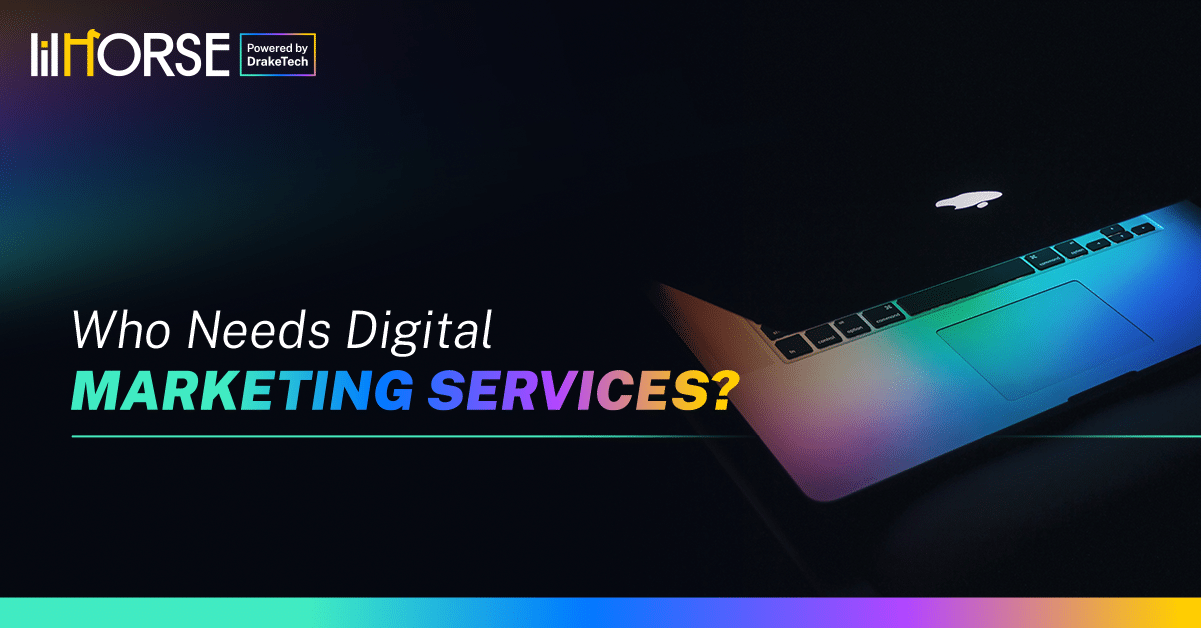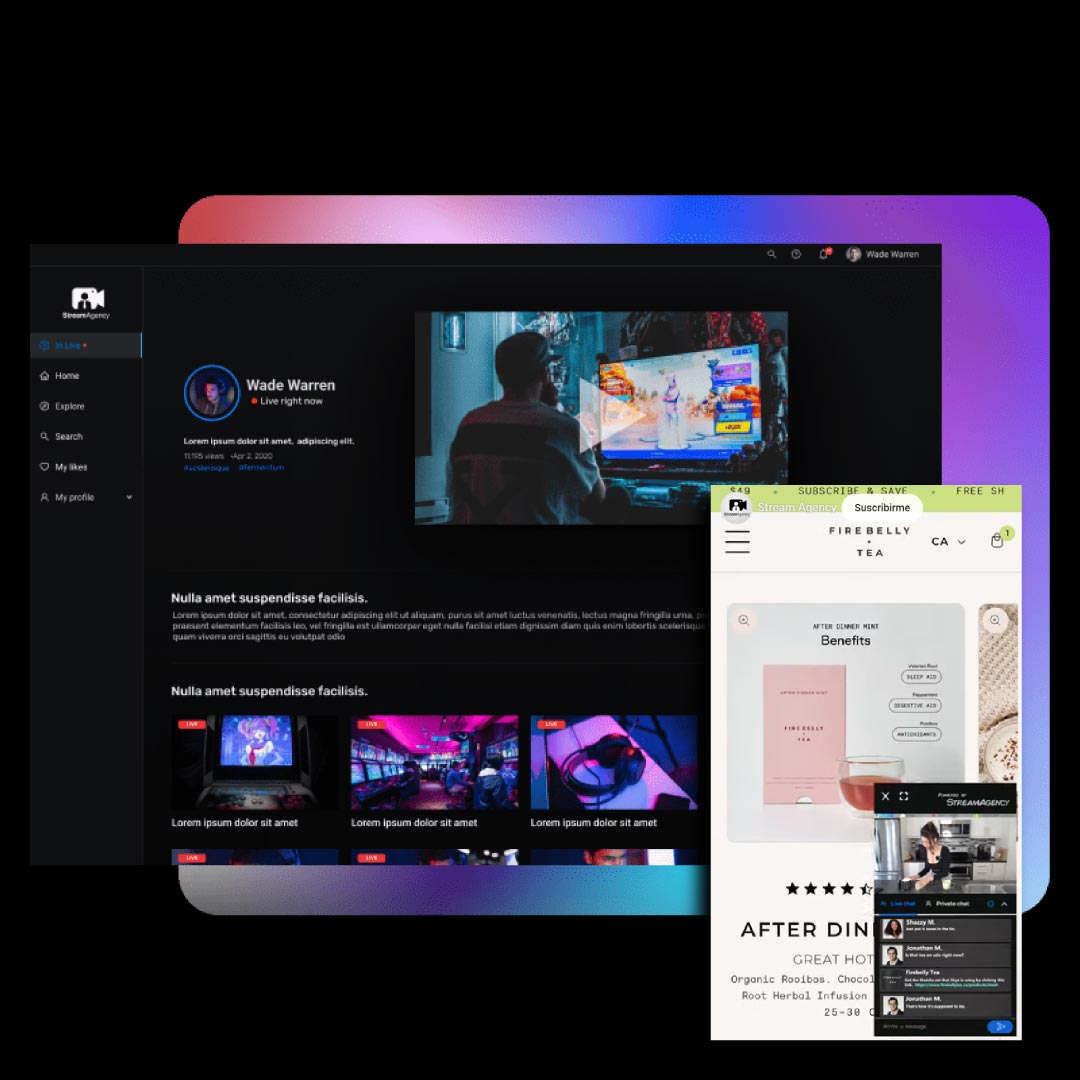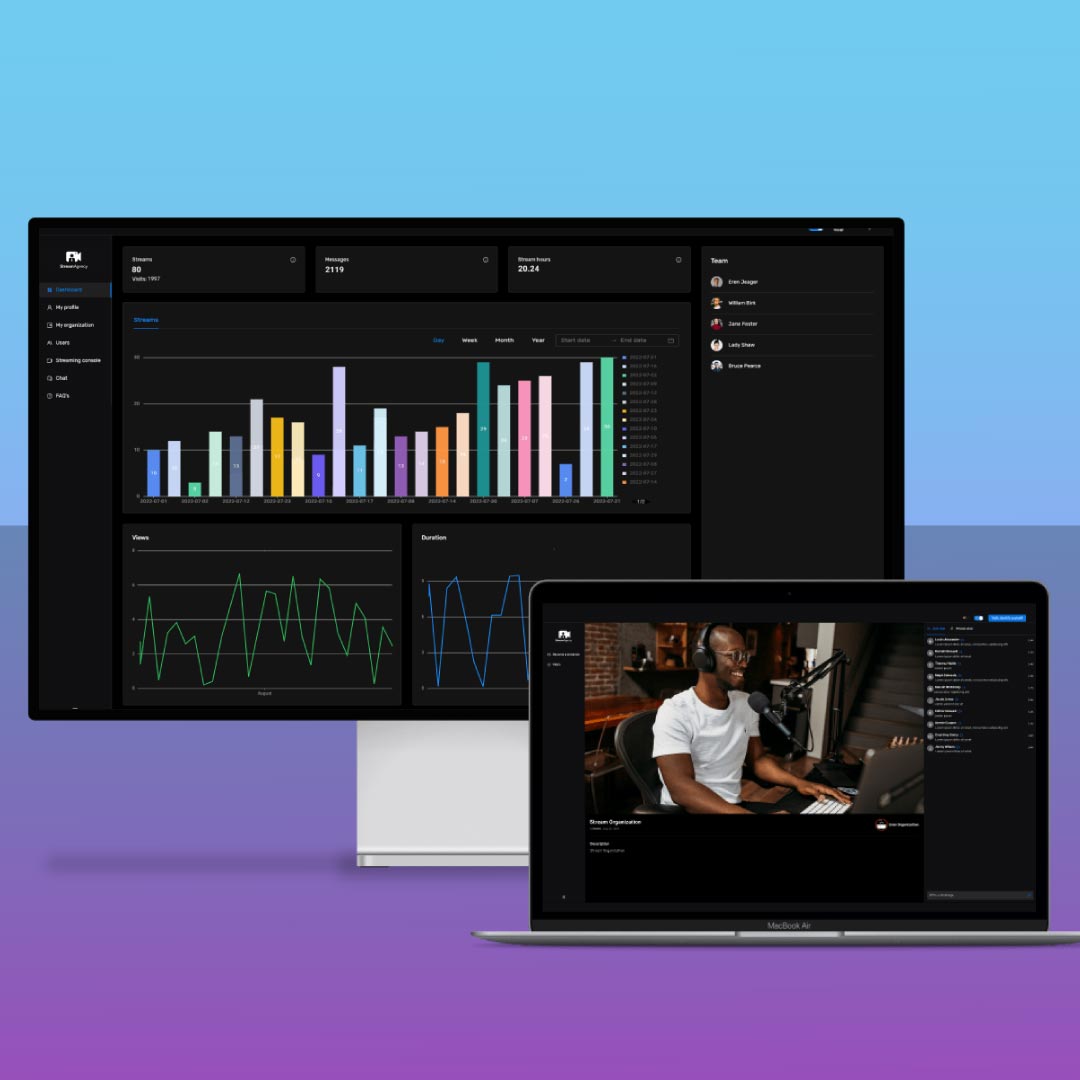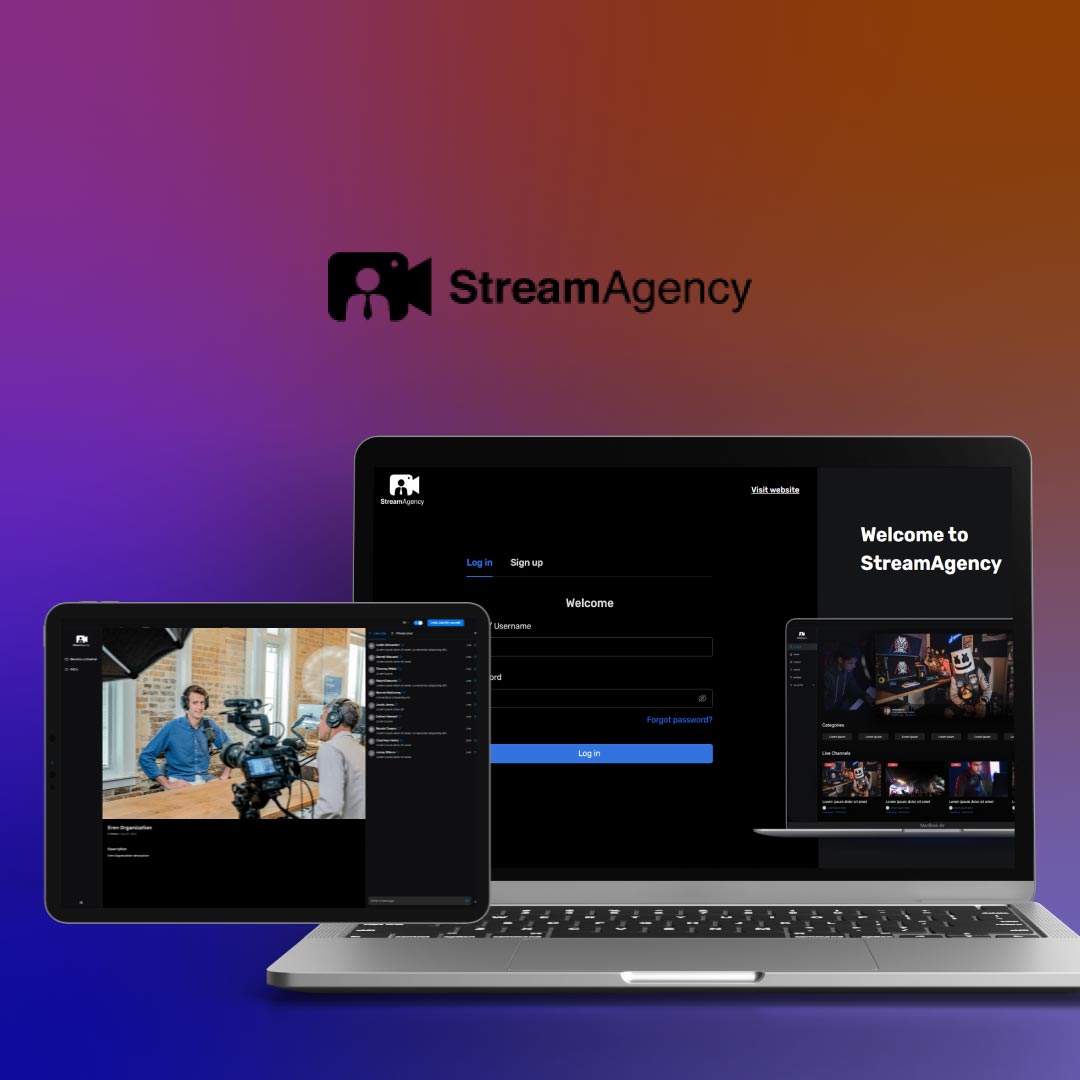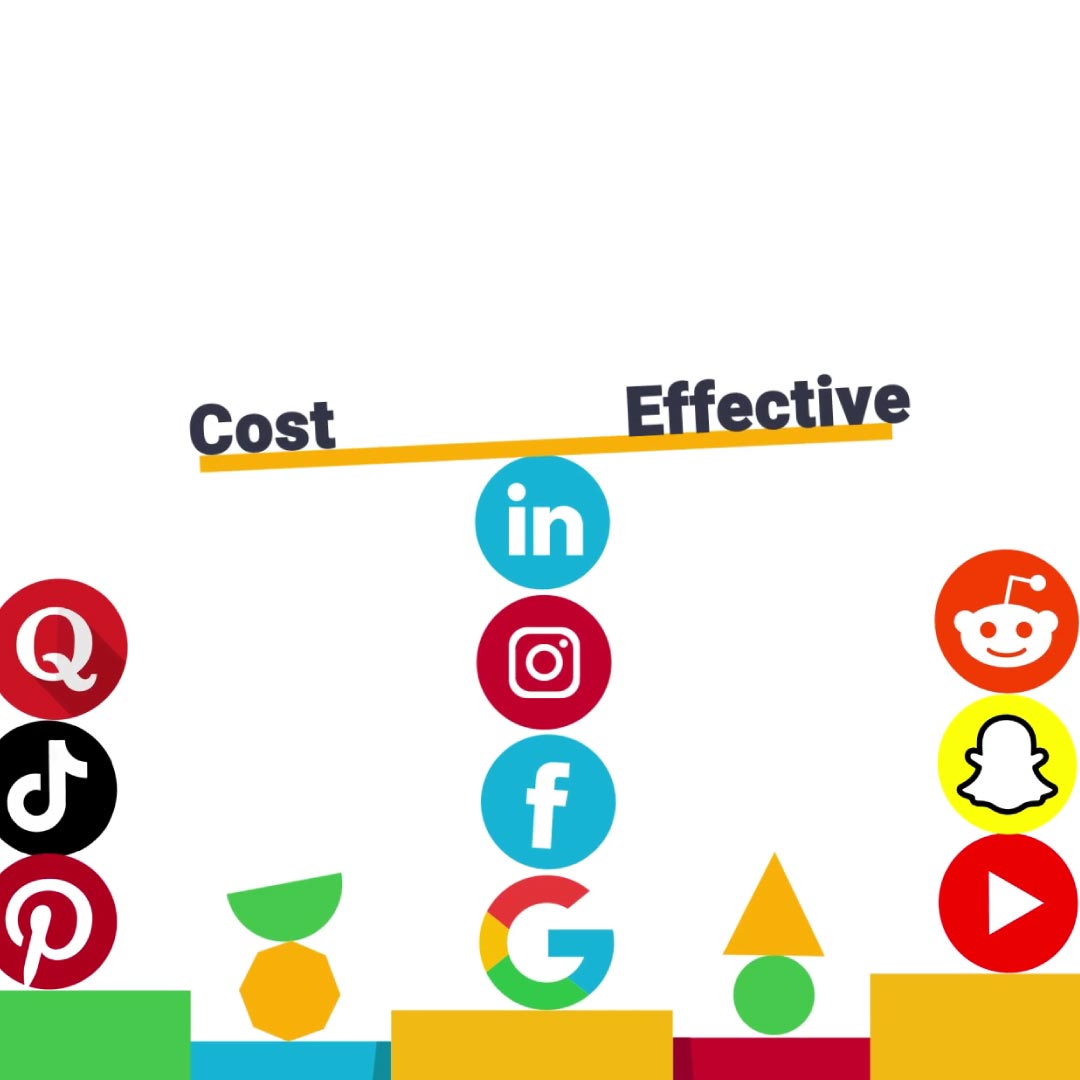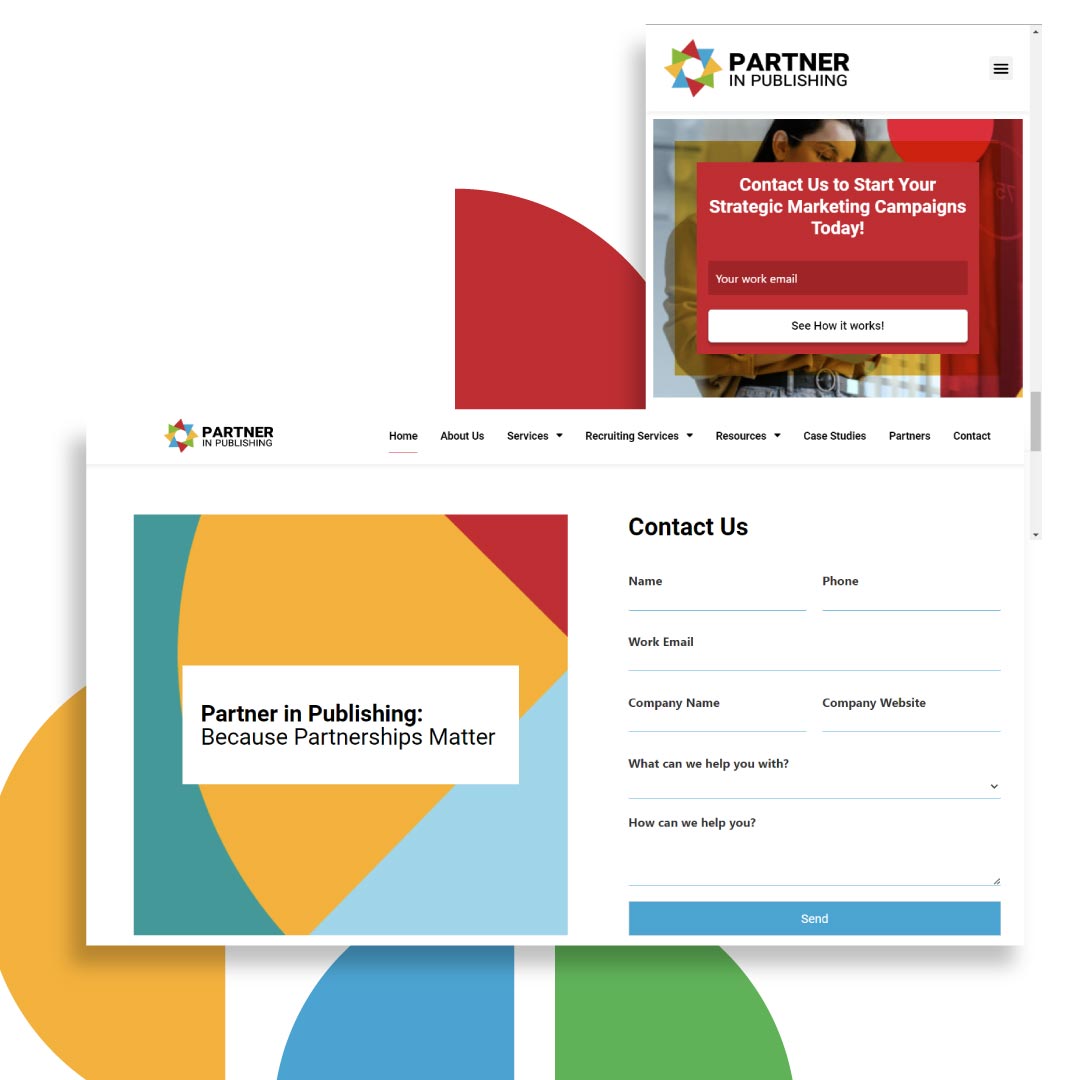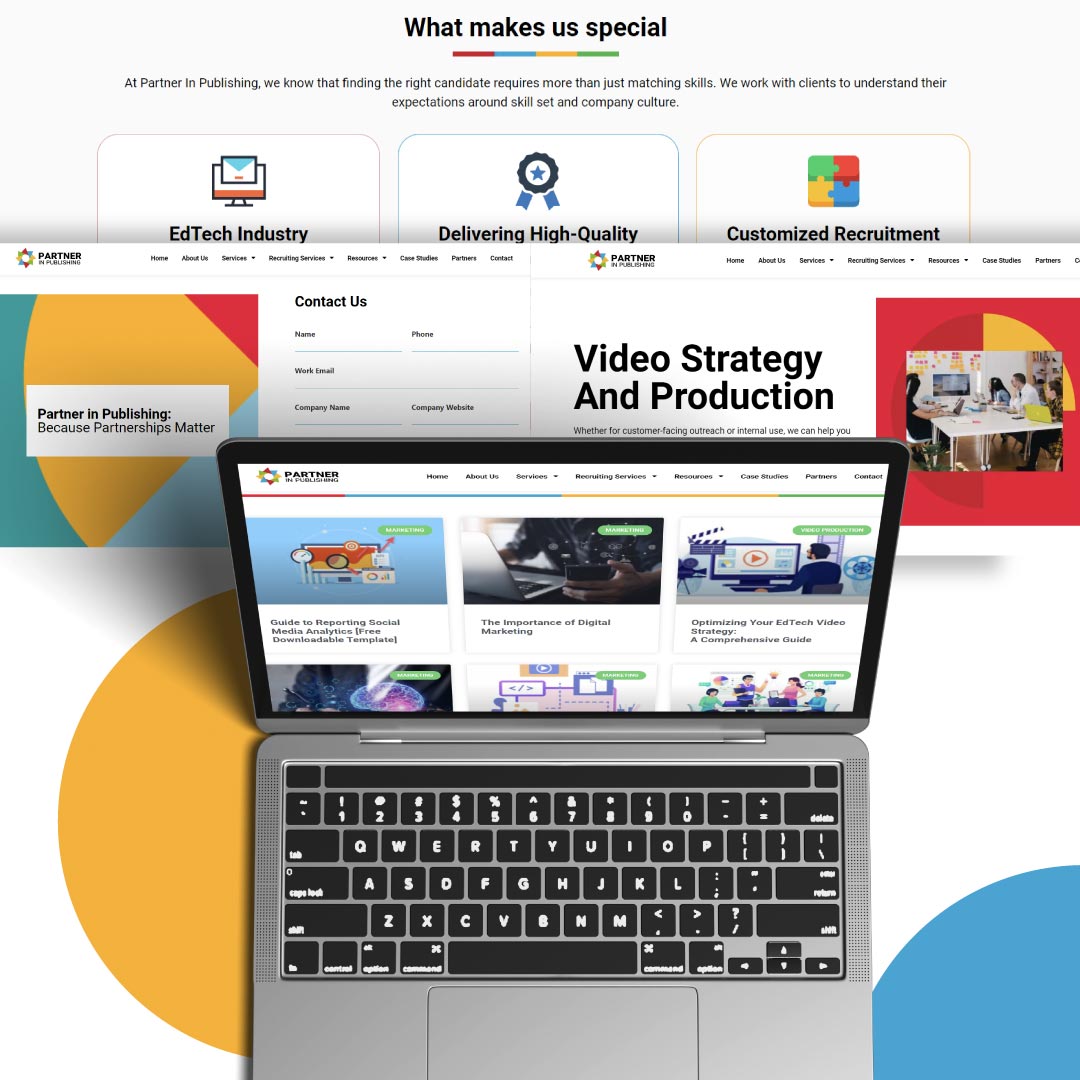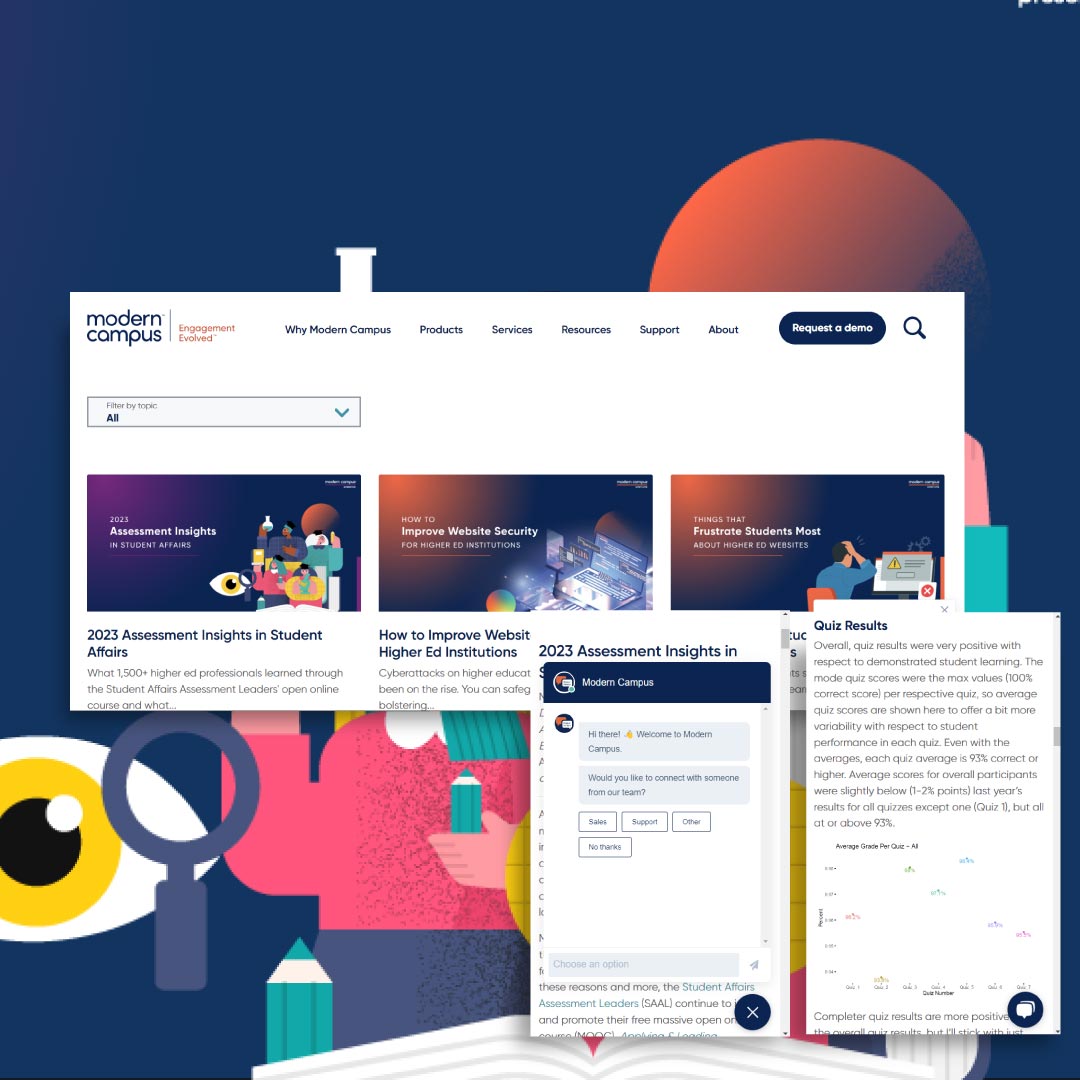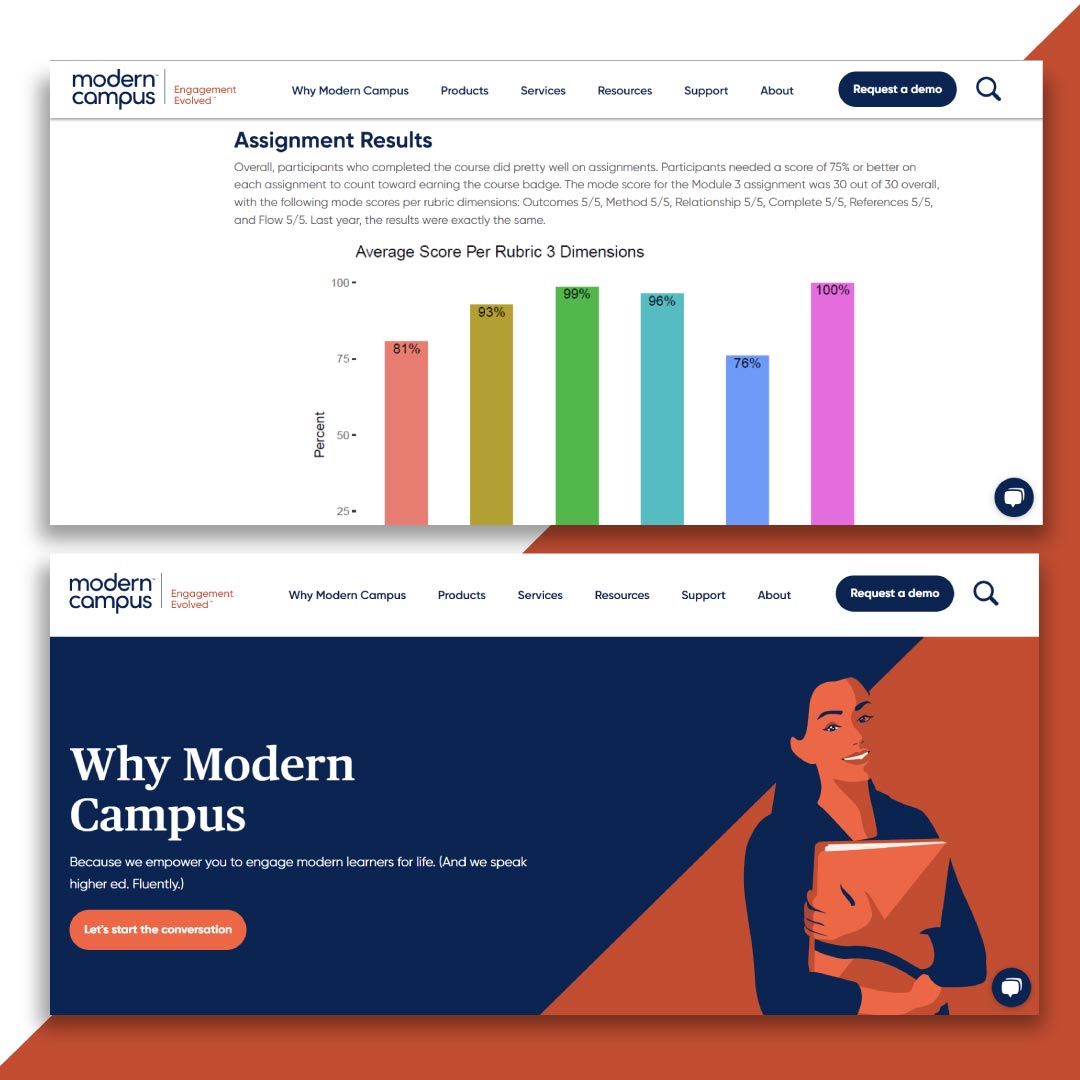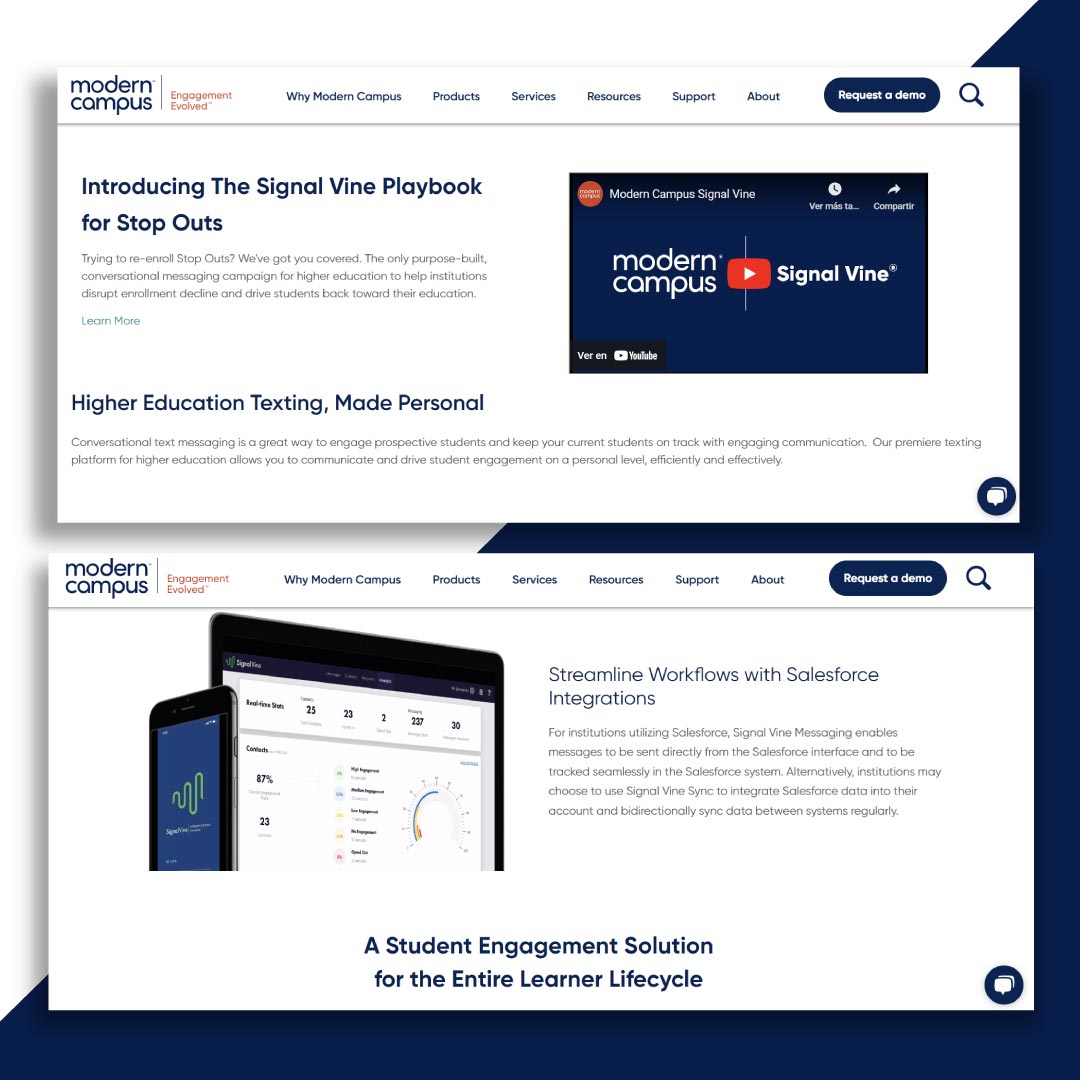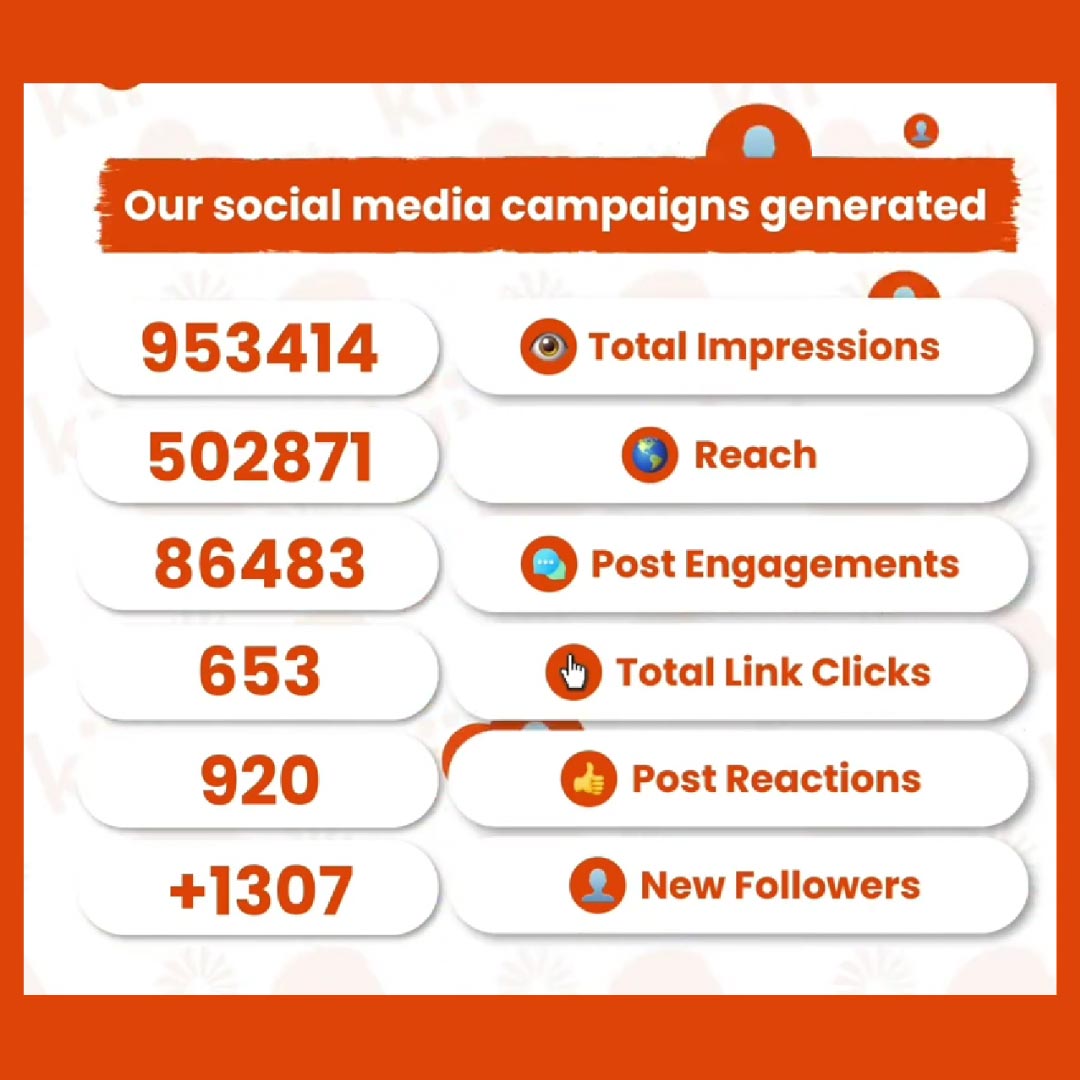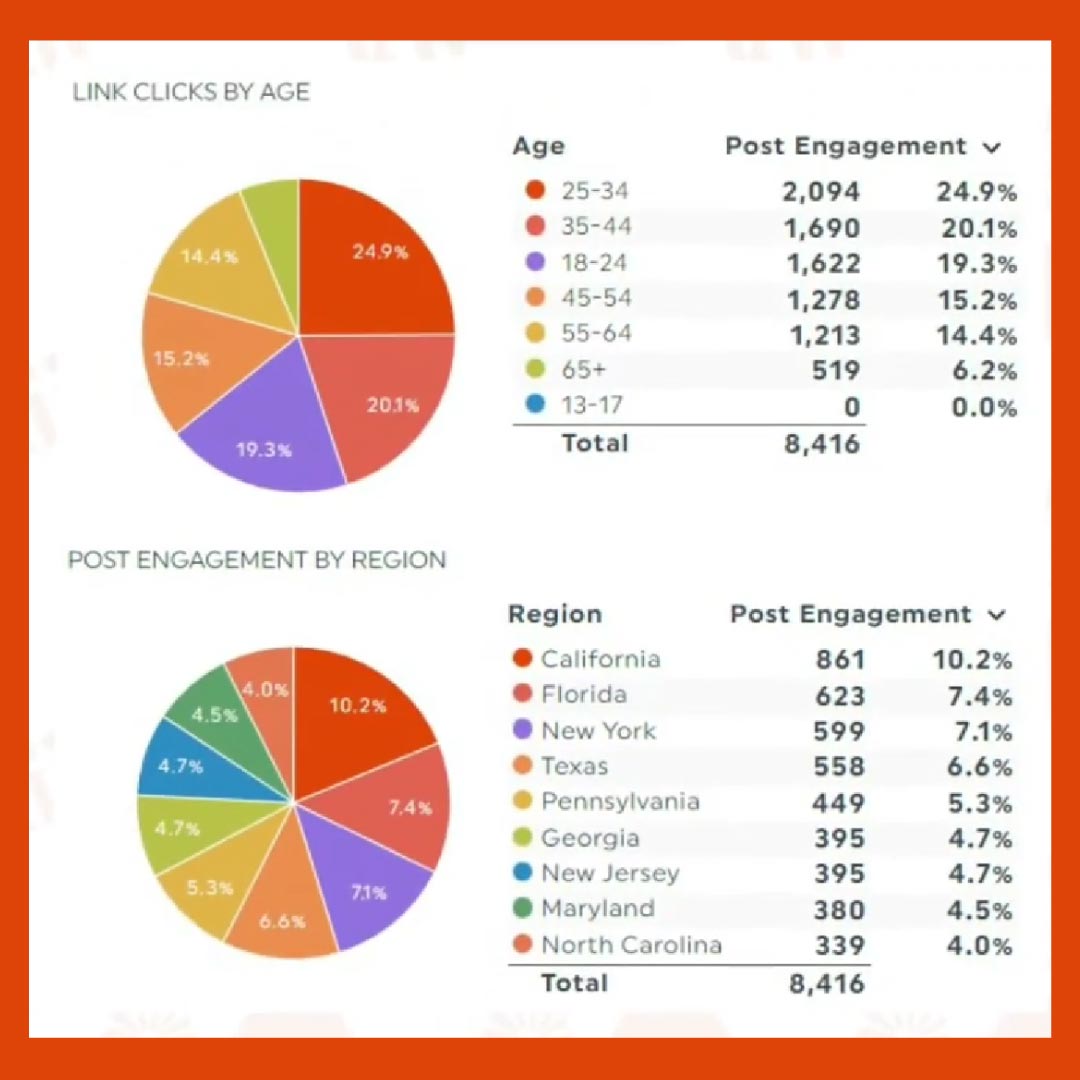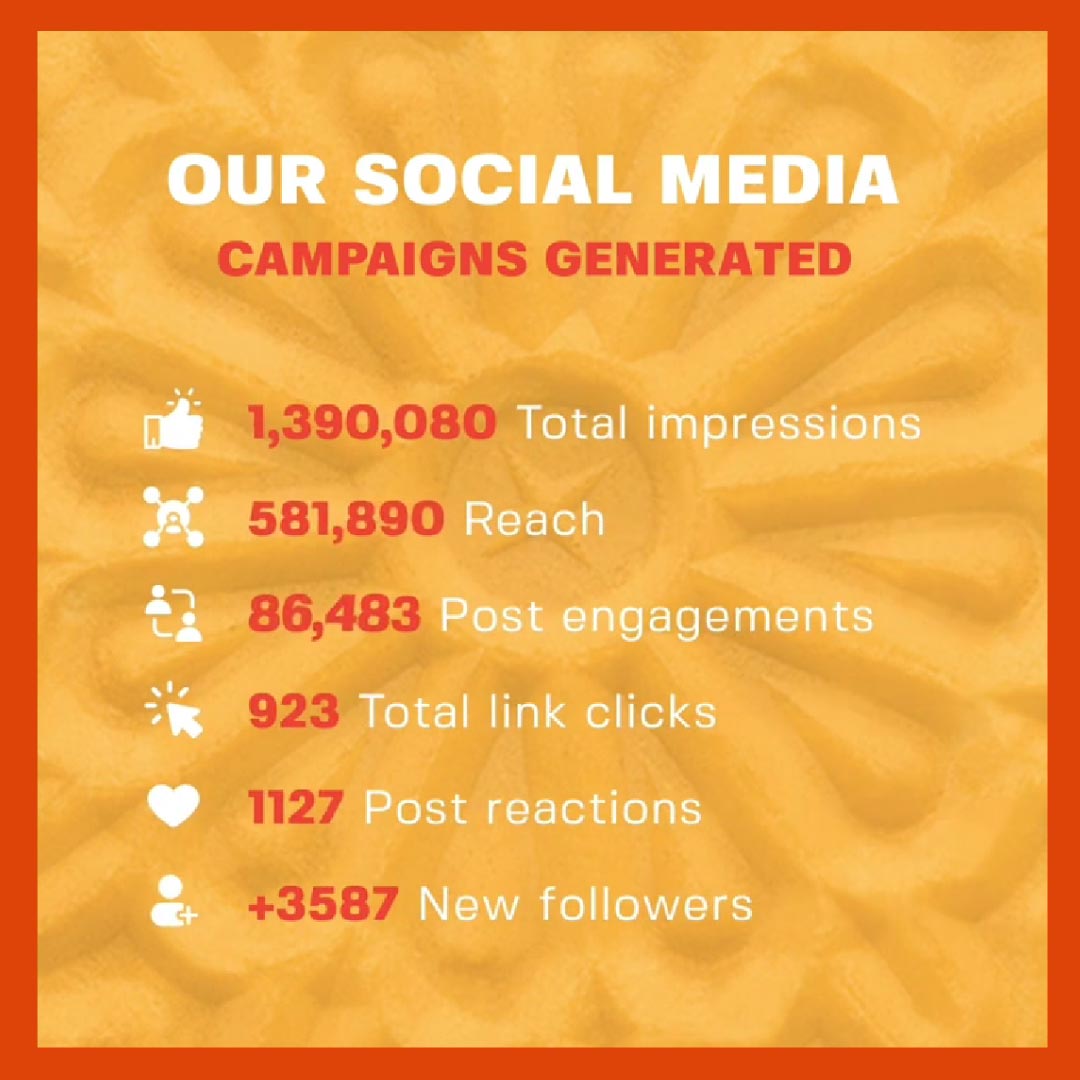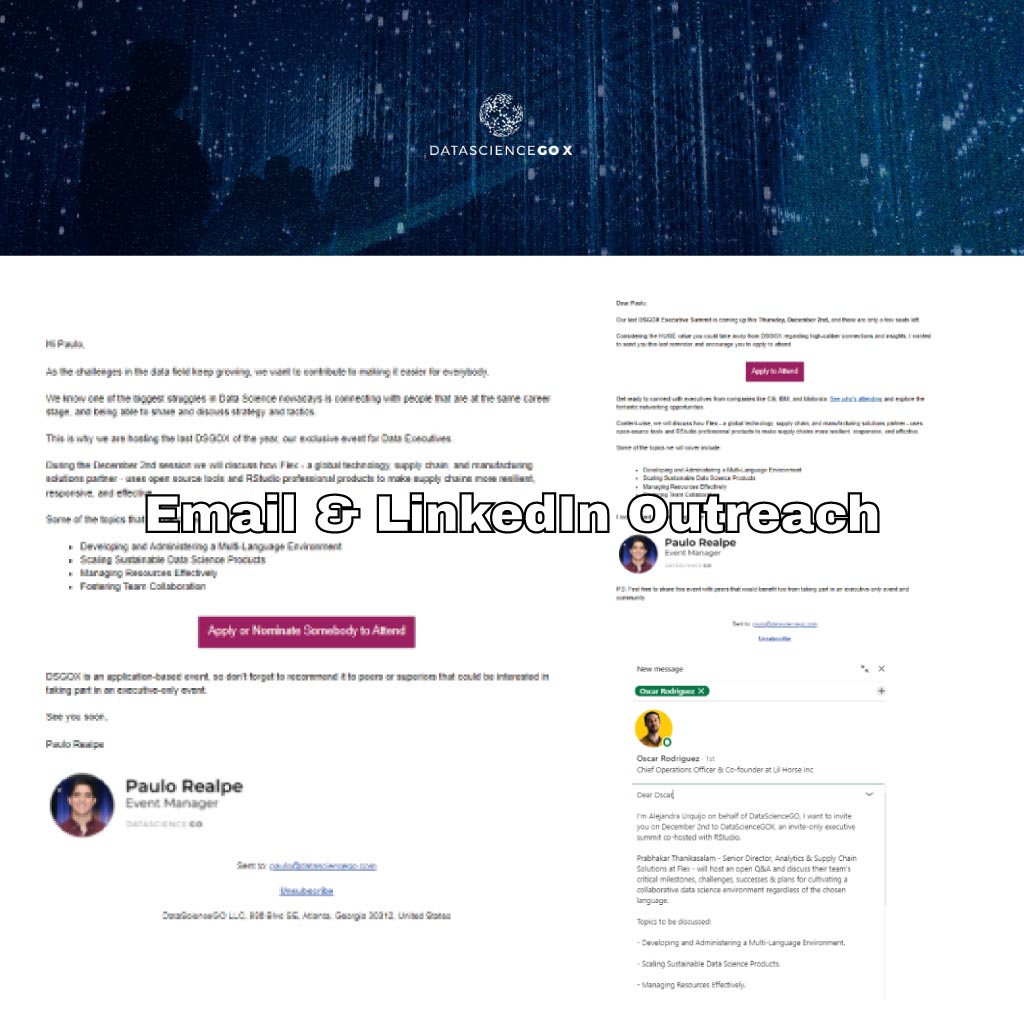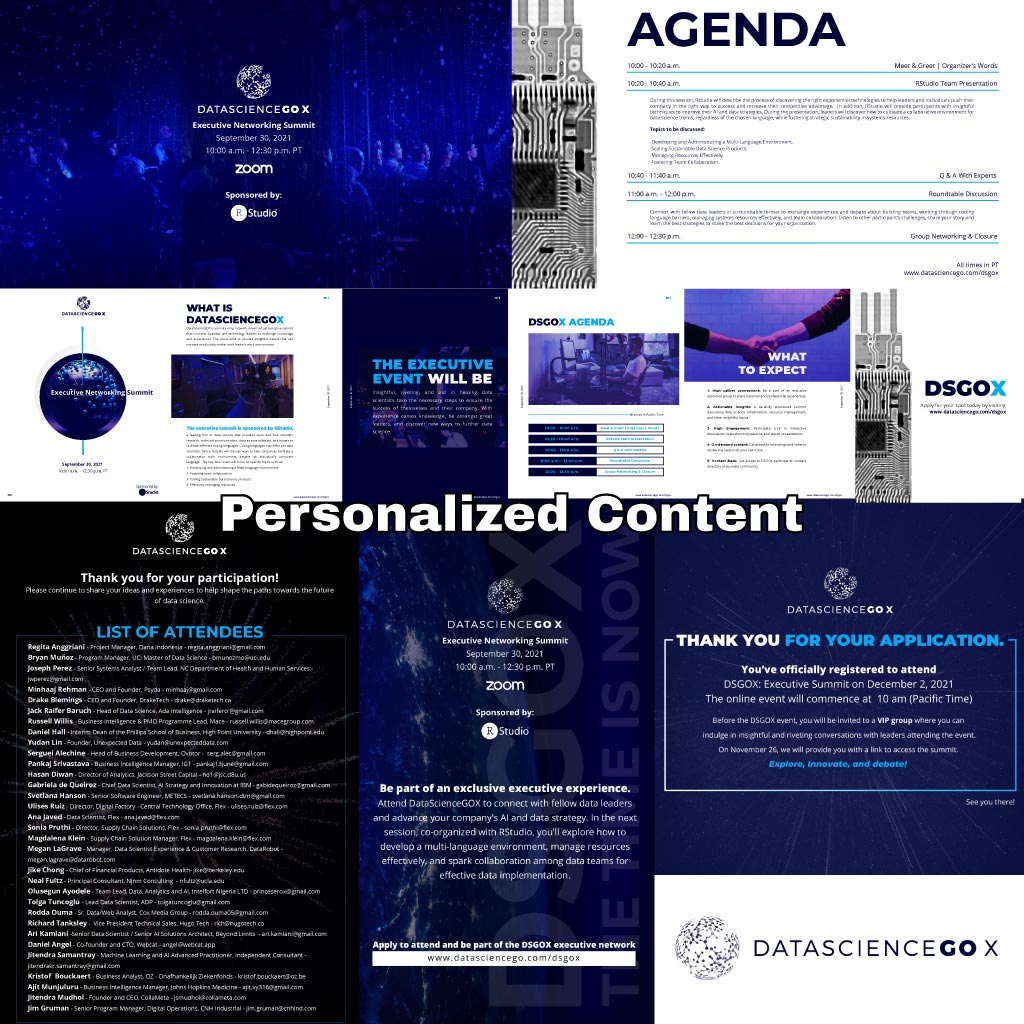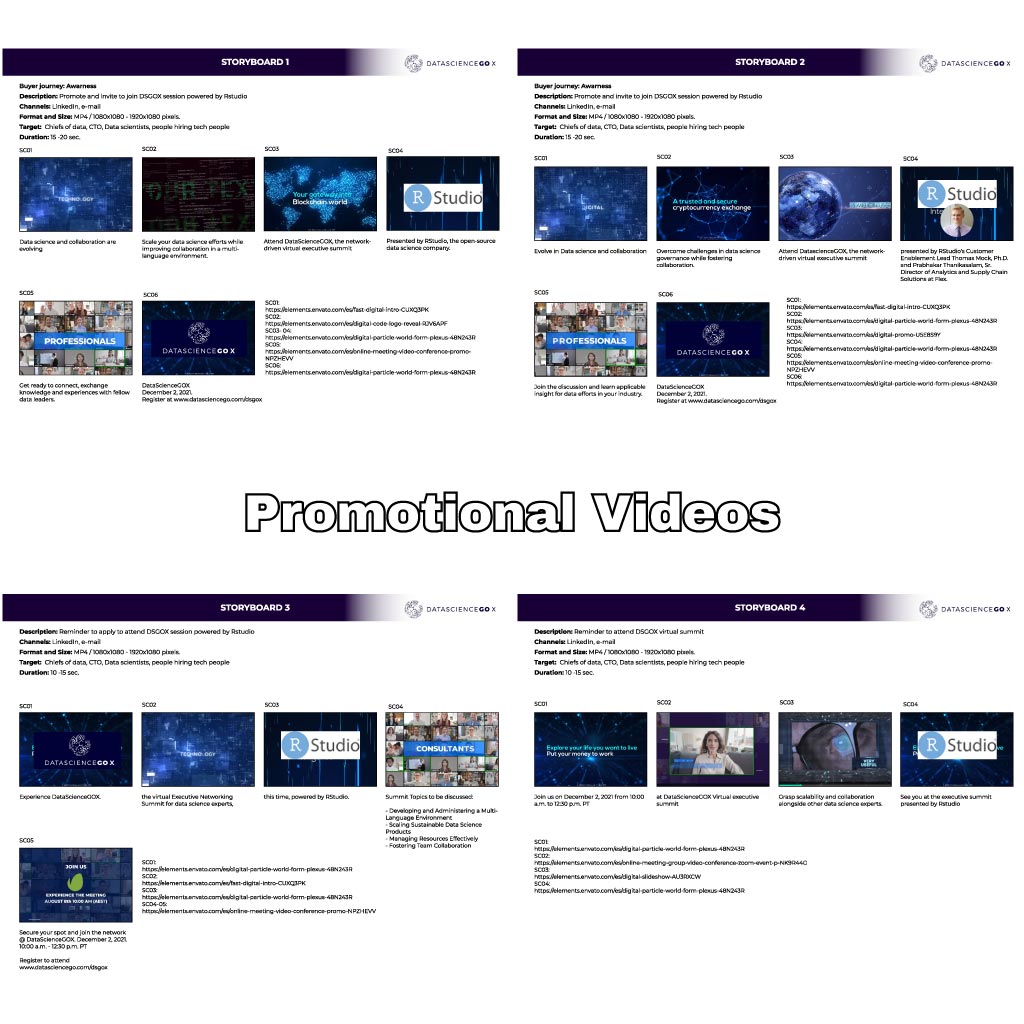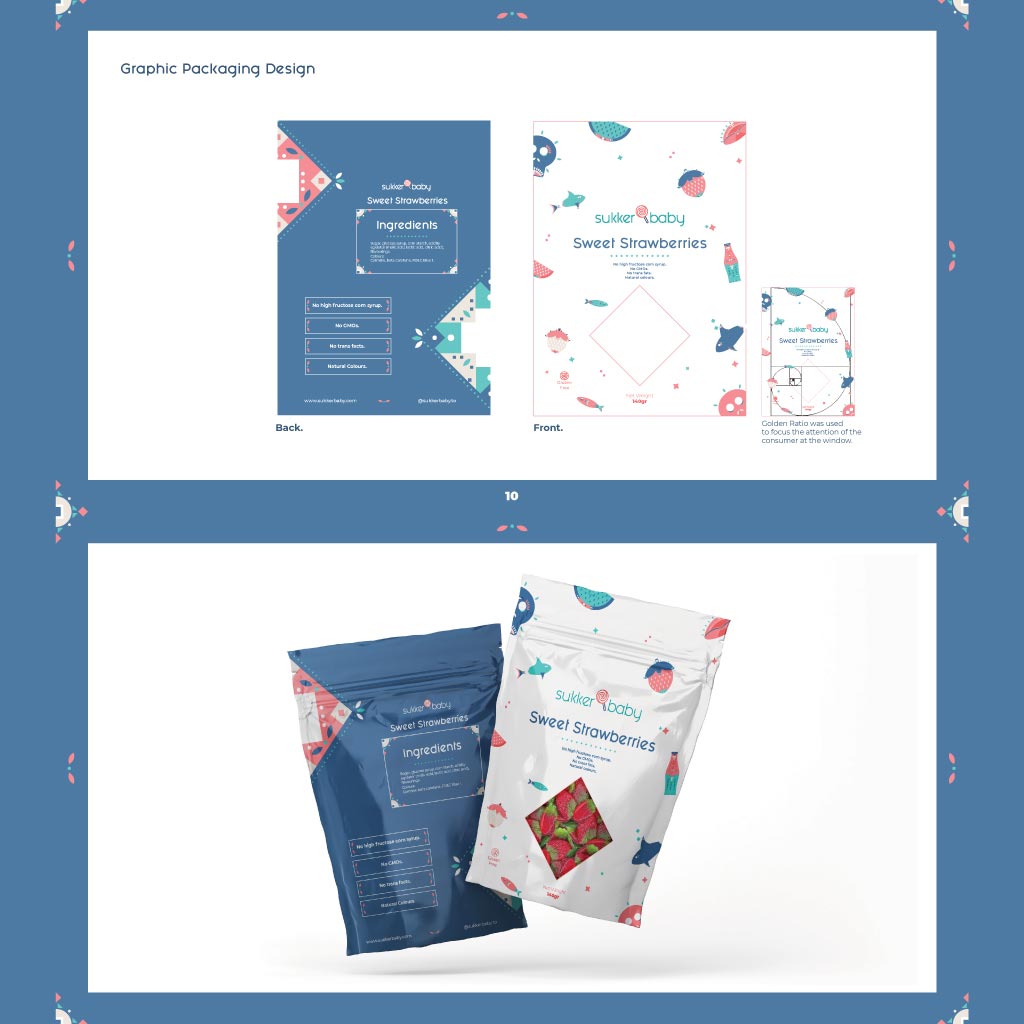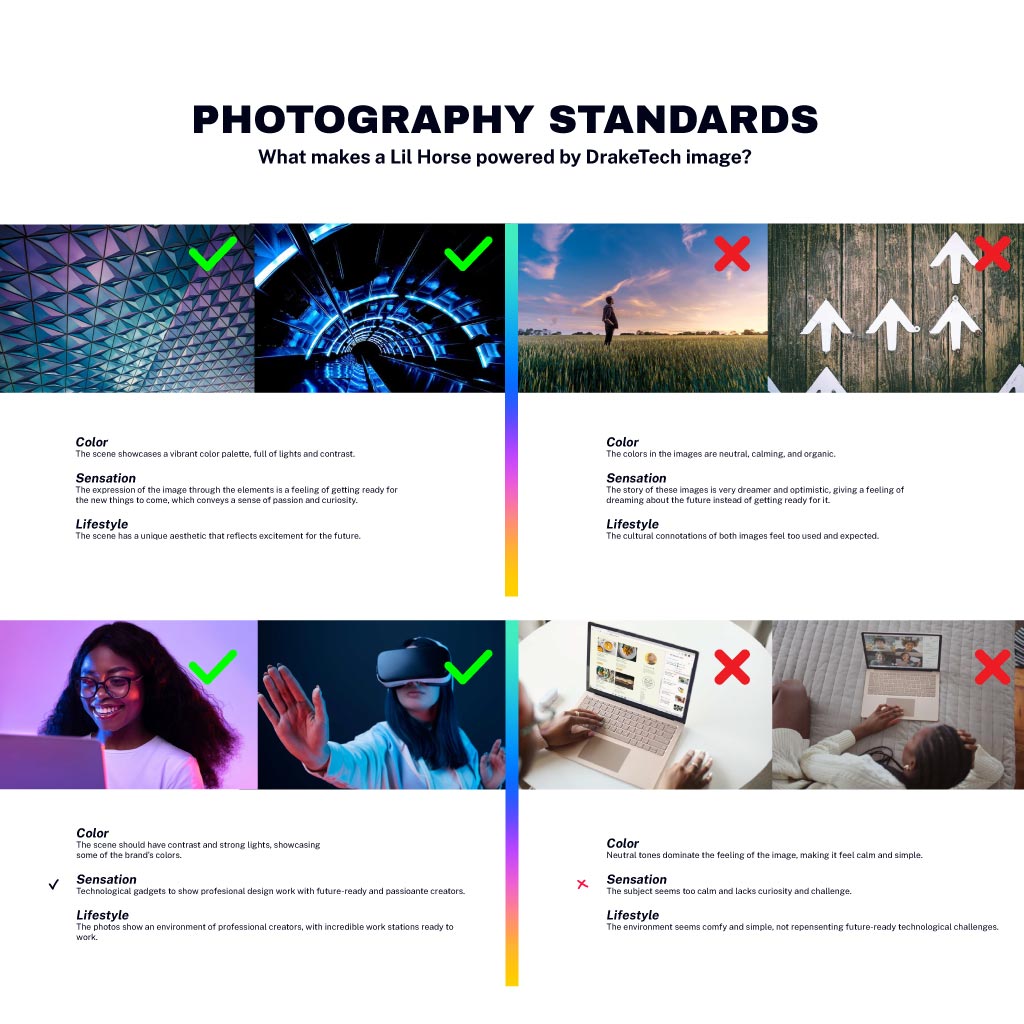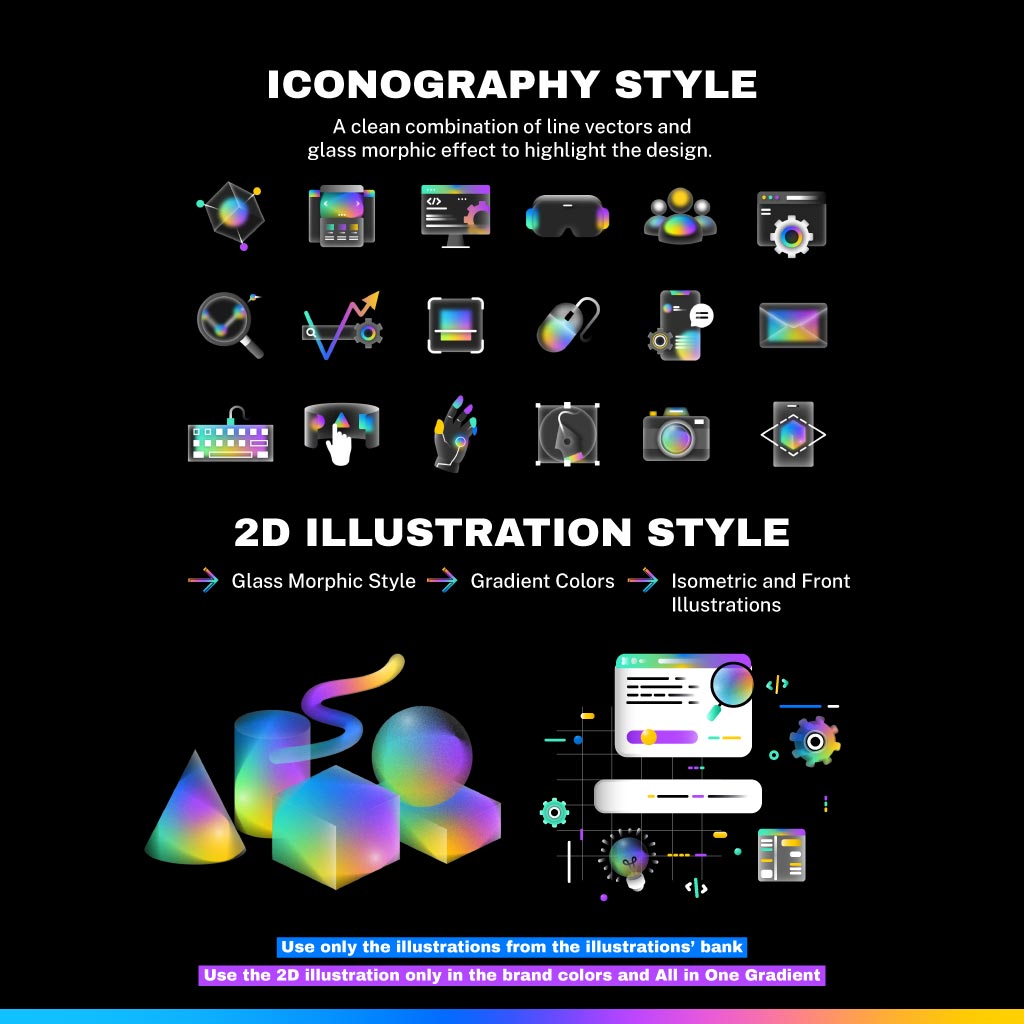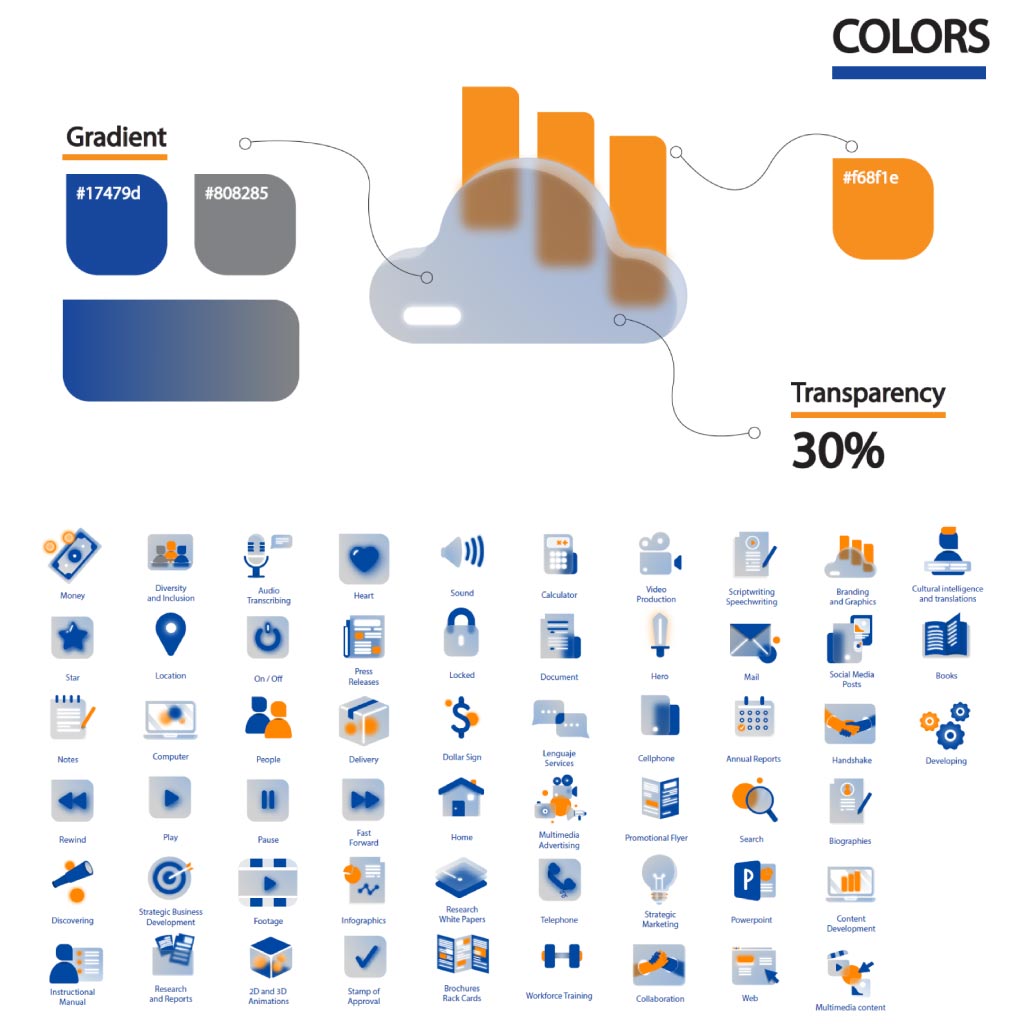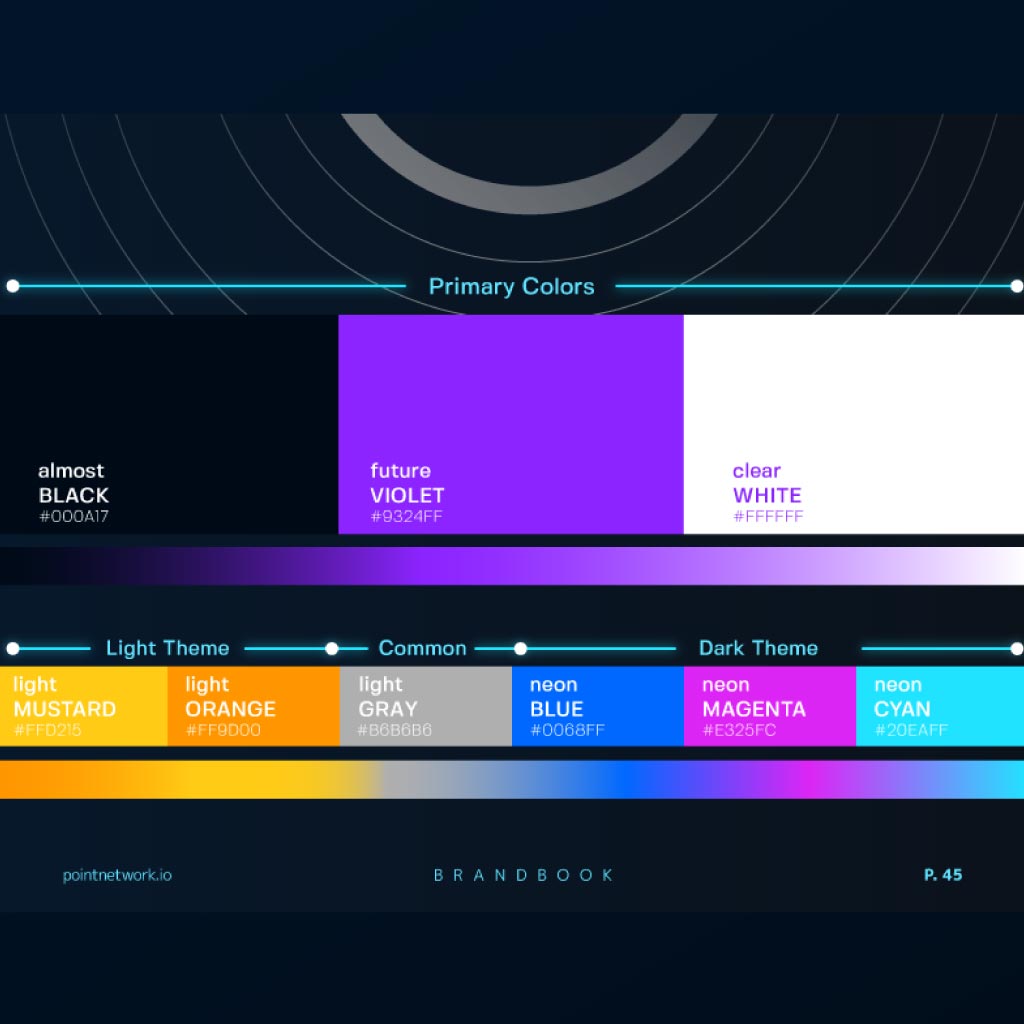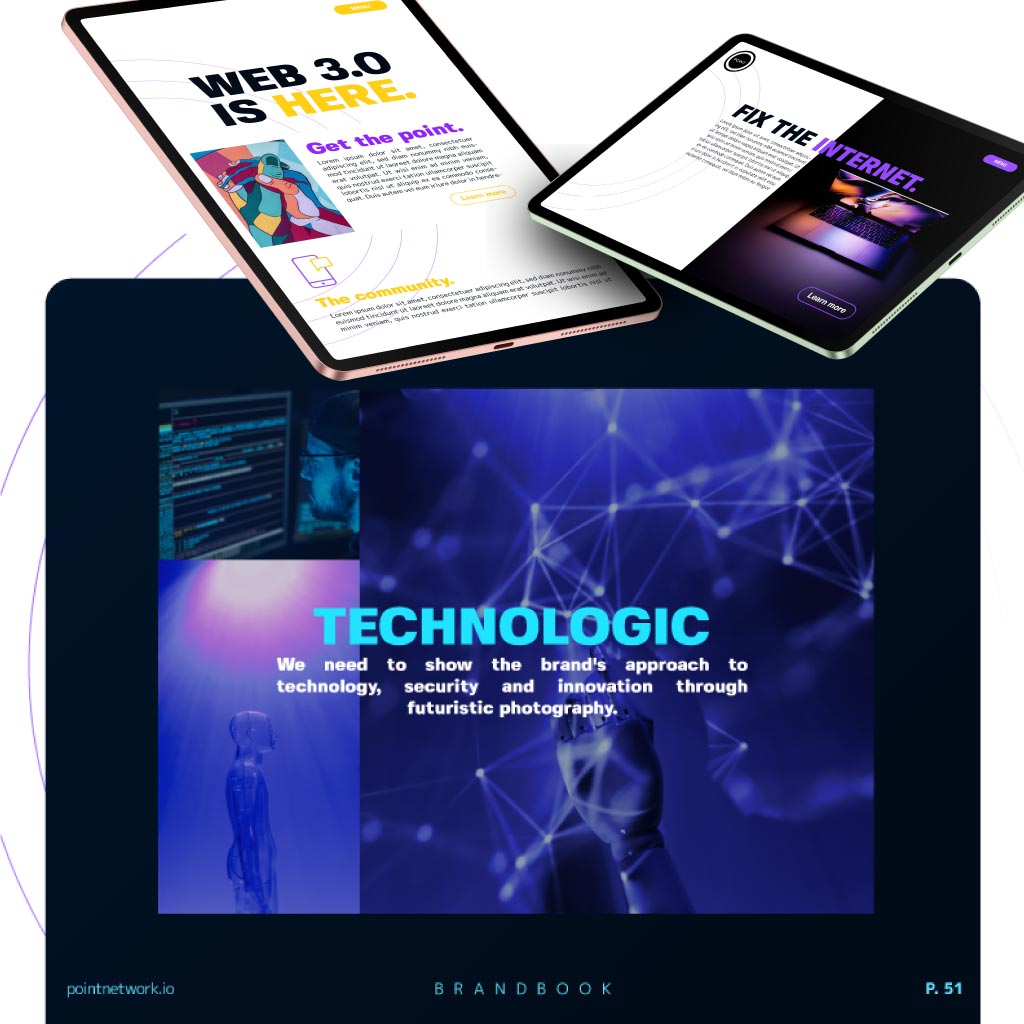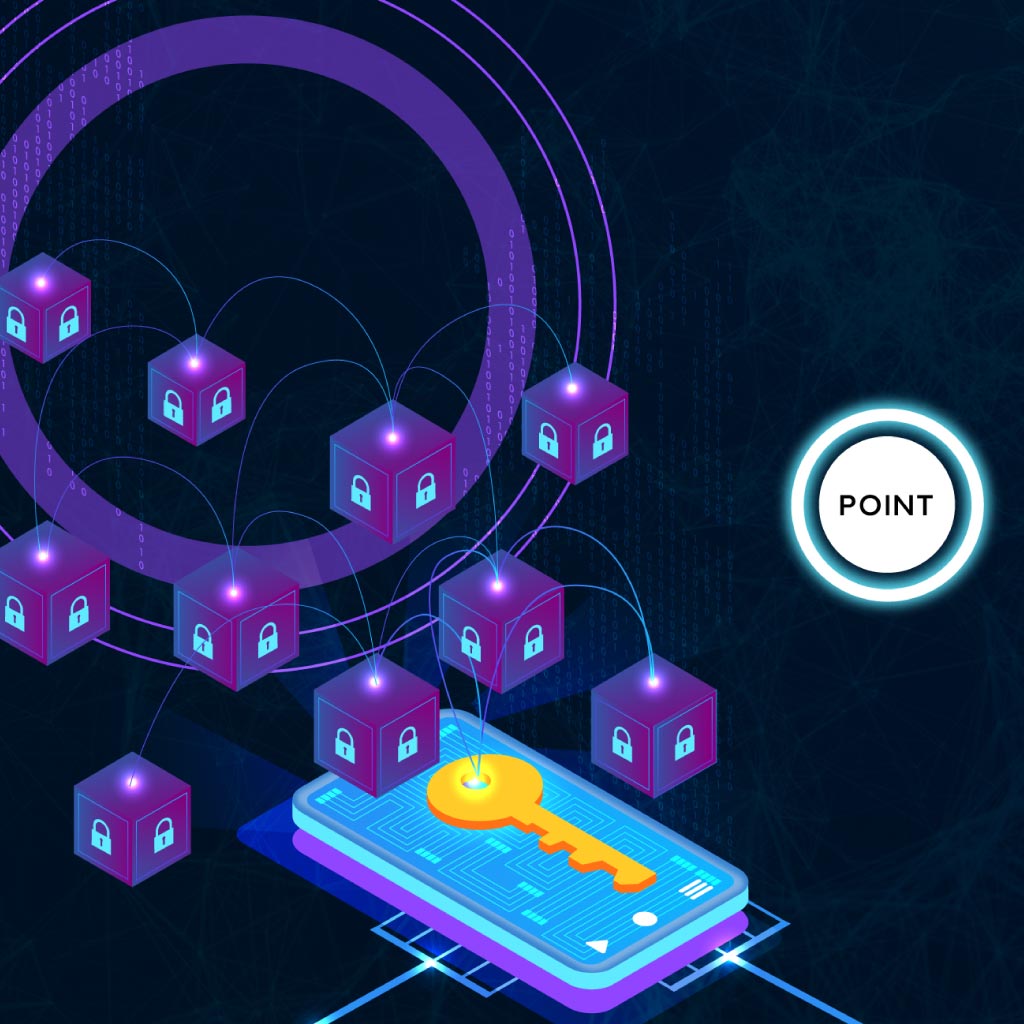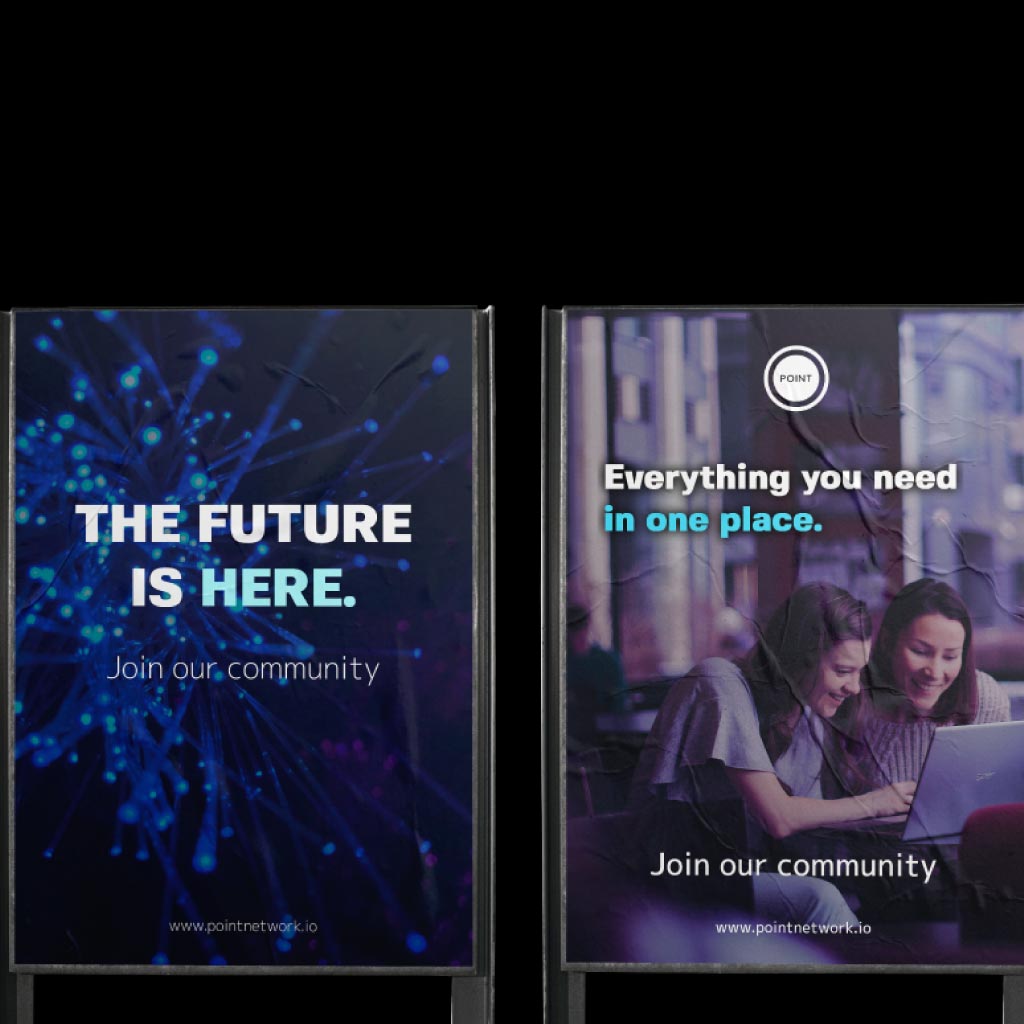In today’s rapidly evolving digital landscape, establishing a strong online presence is crucial for businesses of all sizes.
Digital marketing services play a pivotal role in helping businesses navigate the vast online space and connect with their target audience effectively.
Keep reading to understand its importance, benefits, and some of the markets that are leveraging it!
The Importance of a Strong Online Presence
Having a strong online presence is like setting up shop at the busiest corner of the world. It’s not just about being seen by the locals; it’s about catching the eye of a global audience.
Think of it as the digital handshake that introduces your business to a diverse and expansive community. In this fast-paced environment, your online presence is your storefront, and ensuring it resonates with a global audience is the key to thriving in the digital era.
For this, you can also use several marketing channels that will help you grow your brand awareness.
Social Media Marketing
Where do businesses tell their stories, connect with people, and make their mark in the digital real? Social Media Marketing is not a choice anymore; it’s a must-do for anyone looking to broaden their horizons.
Digital marketing services act as savvy navigators, helping businesses make sense of each platform’s quirks to boost their reach and build genuine connections. It’s not just about being there; it’s about creating an online vibe that clicks, sparks conversations, and positions your brand as a dynamic player in the ever-changing digital scene. Let’s dive into the dynamic world of social media.
Meta
Meta, formerly known as Facebook, has evolved into a giant universe, offering a multifaceted digital universe. It’s not just a social media platform; it’s a gateway to immersive experiences. From augmented reality to virtual reality, Meta is redefining online interactions. Trends within Meta include the rise of virtual events, virtual commerce, and the exploration of the metaverse, where users can engage with digital spaces beyond the traditional social media realm.
X
X, formerly known as Twitter, is the microblogging platform where brevity meets impact. It’s the go-to space for real-time conversations, breaking news, and cultural movements. Trends on X often revolve around hashtags, reflecting the pulse of current events, pop culture, and societal discussions. From viral challenges to live-tweeting events, X thrives on immediacy and the power of concise, impactful messages.
LinkedIn stands as the professional hub in the social media landscape. It’s where businesses and professionals connect, network, and share industry insights. LinkedIn trends encompass thought leadership content, professional networking events, and the increasing use of video content. Businesses leverage LinkedIn to establish credibility, recruit talent, and engage in B2B interactions.
TikTok
TikTok has emerged as the epitome of short-form video creativity. It’s a platform where trends are born, and users showcase their talents in bite-sized content. TikTok trends often revolve around challenges, dances, and creative storytelling. The platform’s algorithm-driven content discovery has propelled many users into overnight sensations, making it a hotspot for both individual creators and businesses aiming to capture the attention of a younger, engaged audience.
Search Engine Optimization (SEO)
SEO is the strategic practice of optimizing your website’s content to enhance its visibility and ranking on search engine results pages. By incorporating relevant keywords, improving website structure, creating high-quality content, avoid technical problems, and having backlinks from other websites relevant to your company, businesses aim to increase their organic (non-paid) traffic.
SEO is a crucial digital marketing aspect, ensuring that a website is easily discoverable by individuals actively searching for related information or products on platforms like Google or Bing. It involves both on-page and off-page optimization techniques to align with search engine algorithms and improve overall online presence.
In the dynamic landscape of SEO, trends include a growing emphasis on user experience, with search engines favoring mobile-friendly websites and fast-loading pages. Voice search optimization is gaining prominence as more users interact with search engines through voice-enabled devices. Additionally, Google’s evolving algorithms are placing increased importance on user intent, making it essential for businesses to create content that satisfies user queries comprehensively.
Content Marketing
Content Marketing revolves around creating and distributing valuable, relevant, and consistent content to attract and engage a target audience. It goes beyond traditional advertising by providing information that educates, entertains, or solves problems for the audience.
Content marketing aims to build brand awareness, establish authority, and nurture long-term relationships with customers. It encompasses various forms of content, including blog posts, videos, infographics, and more, strategically shared across different online platforms.
Current trends in content marketing include an emphasis on interactive content such as quizzes, polls, and live videos to enhance user engagement. Personalization also gained a lot of importance, with businesses tailoring content to meet the specific needs and preferences of their audience. Long-form content is gaining traction, providing in-depth insights and catering to users seeking comprehensive information. The integration of artificial intelligence (AI) is also shaping content marketing, enabling data-driven insights for more effective strategies.
Email Marketing
Email Marketing involves the use of email campaigns to communicate with a target audience, build relationships, and promote products or services. It is a direct and personalized approach, allowing businesses to reach individuals directly in their inboxes. Effective email marketing involves crafting compelling content, segmenting audiences, and utilizing analytics to refine strategies. It is a versatile tool for nurturing leads, retaining customers, and driving conversions.
Personalization continues to be a key trend in email marketing, with businesses leveraging customer data to tailor content and offers. Automation is increasing, streamlining the process of sending targeted and timely messages. Interactive elements within emails, such as polls or surveys, are gaining popularity for increased engagement. Privacy considerations and compliance with data protection regulations are shaping how businesses collect, store, and use email data.
Pay-Per-Click (PPC) Advertising
Pay-per-click (PPC) Advertising is a digital advertising model where businesses pay a fee each time their ad is clicked. It allows advertisers to bid for ad placement in a search engine’s sponsored links when someone searches for relevant keywords. PPC ads can also appear on social media platforms and other websites. This model is effective for driving immediate traffic and conversions, providing a measurable return on investment (ROI) for businesses.
Automation is transforming PPC advertising, with machine learning optimizing bidding strategies and ad placements. There is a growing focus on audience targeting, allowing advertisers to reach specific demographics with tailored messages.
Video ads within PPC campaigns are gaining traction, capitalizing on the visual appeal and engagement of video content. Integration with other digital marketing channels, such as SEO and social media, is becoming more prevalent for cohesive and holistic strategies.
The Benefits of Digital Marketing Services
Embracing digital marketing services opens a gateway to tons of advantages that propel businesses toward success:
Increased Reach and Visibility
Digital marketing services empower businesses with an unparalleled reach and visibility on a global scale.
Through strategic use of online channels, businesses can extend their influence beyond local boundaries, capturing the attention of a diverse and expansive audience. This heightened visibility not only broadens the reach of a brand but also lays the foundation for increased brand recognition and awareness in the vast digital landscape.
Targeted Advertising
One of the standout advantages of digital marketing is the ability to engage in targeted advertising. Businesses can tailor their marketing efforts to specific demographics, interests, and behaviors by leveraging data and analytics. This level of precision ensures that promotional messages reach the most relevant audience, optimizing the impact of advertising campaigns.
Targeted advertising not only enhances efficiency but also contributes to a higher return on investment (ROI) as marketing resources are focused on those most likely to convert.
Cost-Effective
Digital marketing services offer a cost-effective alternative to traditional advertising methods. With tools like pay-per-click (PPC) advertising, businesses only pay for actual clicks or impressions, ensuring that resources are allocated efficiently.
Compared to the high costs associated with traditional media, digital marketing provides a budget-friendly avenue for businesses, especially for startups and small enterprises aiming to maximize their marketing impact without breaking the bank.
Improved Customer Engagement
The interactive nature of digital marketing fosters improved customer engagement. Through social media, blogs, and other online platforms, businesses can engage in direct conversations with their audience, building relationships and fostering brand loyalty.
The ability to respond in real time to customer inquiries and feedback creates a sense of connection, enhancing the overall customer experience and establishing a strong rapport between the brand and its audience.
Data-Driven Decision Making
Digital marketing services operate in an environment rich with data and analytics. This wealth of information empowers businesses to make informed decisions based on real-time insights.
Through monitoring key performance indicators (KPIs) and analyzing user behavior, businesses can refine their strategies, optimize campaigns, and adapt to evolving market trends. Data-driven decision-making not only enhances marketing effectiveness but also positions businesses to stay ahead of the curve in the dynamic digital landscape.
Topic Authority
Establishing topic authority is a unique benefit of digital marketing services. By consistently creating and sharing high-quality content in a specific niche, businesses can position themselves as industry leaders. Whether through informative blog posts, engaging videos, or thought-provoking social media content, showcasing expertise contributes to building credibility and trust.
Topic authority not only attracts a dedicated audience but also strengthens a brand’s influence within its industry, opening doors to collaboration, partnerships, and heightened recognition.
Who Can Benefit from Digital Marketing Services?
The transformative influence of digital marketing services is a beacon for businesses seeking to redefine their online presence and connect with a global audience.
Tailored strategies and targeted campaigns make digital marketing a versatile ally for a range of sectors:
Fintech
Fintech enterprises, with their innovative financial solutions, can harness digital marketing to carve a niche in a competitive landscape. Highlighting features such as seamless digital transactions, advanced security protocols, and user-friendly interfaces can attract a tech-savvy audience. Digital marketing empowers fintech companies to not only showcase their technological prowess but also communicate the modernity and convenience of their financial services.
Edtech
The educational technology sector finds a robust partner in digital marketing, especially as the demand for online learning continues to soar. Through strategic campaigns, Edtech businesses can spotlight the advantages of their platforms—flexible learning schedules, interactive courses, and accessible knowledge. Digital marketing becomes a conduit for reaching students, educators, and lifelong learners, fostering engagement in a digital learning landscape.
SaaS (Software as a Service)
SaaS companies navigating the digital realm can leverage marketing strategies to illuminate the value of their software solutions. Whether emphasizing ease of integration, scalability, or specific functionalities, digital marketing enables SaaS businesses to showcase their offerings effectively. Targeted campaigns address the pain points of potential clients, positioning SaaS companies as integral partners in the ever-evolving tech landscape.
Real Estate
In the real estate industry, where visual appeal and online presence are paramount, digital marketing is a game-changer. High-quality visuals, virtual tours, and targeted advertising can bring properties to life, capturing the attention of potential buyers or tenants. Real estate businesses can use digital marketing to not only showcase properties but also to establish a distinct brand identity in a competitive market.
Logistics
For logistics companies, effective communication and digital visibility are key. Digital marketing campaigns can emphasize the reliability, speed, and technological advancements in logistics services. From supply chain visibility to tracking capabilities, digital marketing enables logistics businesses to highlight their strengths and attract enterprises seeking streamlined and dependable logistics solutions.
E-commerce
E-commerce businesses thrive in the digital arena, and digital marketing is the engine driving their online success. Strategies such as search engine optimization (SEO), social media advertising, and email marketing can enhance the visibility of products, attract a wider audience, and optimize the online shopping experience. Digital marketing becomes the conduit for e-commerce businesses to engage customers, drive sales, and cultivate brand loyalty.
Healthcare
Digital marketing plays a pivotal role in the healthcare industry, facilitating the promotion of medical services, dissemination of health information, and engagement with patients. Healthcare providers can leverage digital channels to communicate their expertise, share patient success stories, and educate the public on wellness topics. Digital marketing fosters trust, credibility, and community engagement, positioning healthcare organizations as reliable sources of information and care.
In this digital age, the journey doesn’t end with establishing an online presence; it’s an ongoing exploration, an evolution guided by the dynamic interplay of technology, consumer behavior, and market trends.
As businesses embrace digital marketing services, they embark on a voyage where adaptation, creativity, and strategic agility become the compass points, steering them toward success in the ever-expanding digital universe.
